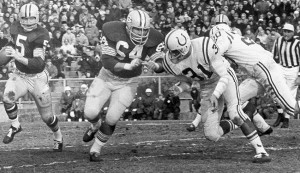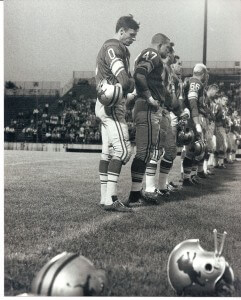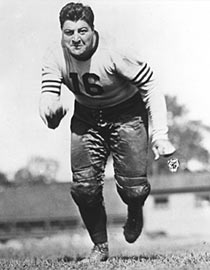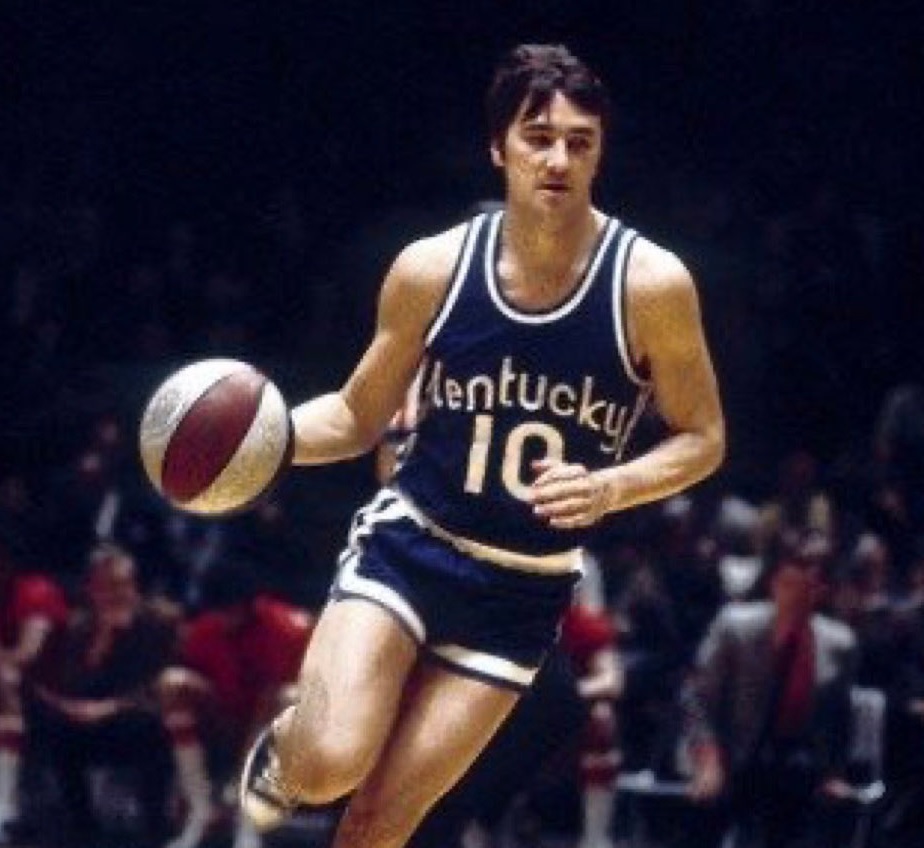Posted on
July 21, 2017 by
Dean Hybl
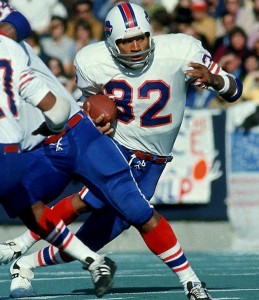
During the 1970s, O.J. Simpson was the best player in football, despite being relegated to Buffalo.
Typically, one of the great results of sports is in its ability to unite. Whether it be a team of players from different backgrounds coming together to create one cohesive unit or a group of fans with little more in common than their fondness for a team or player who come together to cheer, celebrate and agonize over the successes and failures of that chosen favorite.
As I join the rest of society in viewing the latest chapter in the nearly 50 year saga of former athlete O.J. Simpson, it seems clear that whether intended or not, instead of being someone that people unite around, O.J. has more often served as a divider.
Born and raised in the housing projects of the Potrero Hills section of San Francisco, Orenthal James Simpson joined a gang as a teenager and was incarcerated at least three times. His life could have very easily been one led quietly in jails and the neighborhoods of his hometown had he not possessed a number of characteristics that ultimately helped him rise above his potential path.
Regardless of whether it was a meeting with superstar Willie Mays or the encouragement he received around his own athletic ability, or a combination of factors, eventually Simpson moved off the path to destruction and became a standout high school athlete.
However, as this story from the 1973 book Power Football illustrates, even once Simpson moved onto a path with success as a potential end, he seemed to teeter on the edge.
A star athlete at Galileo High School, Simpson told writer Murray Chase about an incident that very nearly could have gotten him thrown off the junior varsity team.
Nor was it a bad beginning for a fellow who almost had his football career cut off before it started by coming within a lie of being thrown off the high school junior varsity football team.
On the day of a big game, Simpson and two teammates were spending some time shooting dice in the bathroom at school. They all crapped out, though, when Jack McBride, their coach, walked in and found them playing their little game. Many coaches in that situation would simply warn the players never to do that again and let them go. But McBride, in a move for which Simpson could later be thankful (even though he escaped punishment) took the boys to the dean’s office.
“When we went to the dean’s office,” Simpson recalled, “the other two guys, Joe Bell and Al Cowlings, walked in front of me. Coach McBride told the dean he caught us shooting dice in the rest room. He gave the dean the dice and left. When he did, the dean told me to close the door. So I started out and began to close the door from the outside, but the dean called, ‘Where are you going, O.J?’ So I said, “I wasn’t shooting craps. Coach just asked me to help him bring these guys down.’ Then the dean told me I could go and the other guys got suspended.”
The other two boys, one of whom (Cowlings) later became Simpson’s teammate at USC and Buffalo, couldn’t resent O.J.’s little ploy. “They thought it was pretty smart for me to think that quick,” Simpson said. “Al said there was nothing he could say about it. He said if I could get away with it, I deserved it.”
As we now very well know, Simpson has continued to live on that edge for his entire life.
After winning the Heisman Trophy at the University of Southern California in 1968, Simpson was relegated to the NFL’s equivalent of Siberia in Upstate, New York as a member of the Buffalo Bills. However, even though he struggled over the first three years of his career and some thought he might end up being an NFL bust, he still managed to catch the eye of television and advertising executives. Read the rest of this entry →
